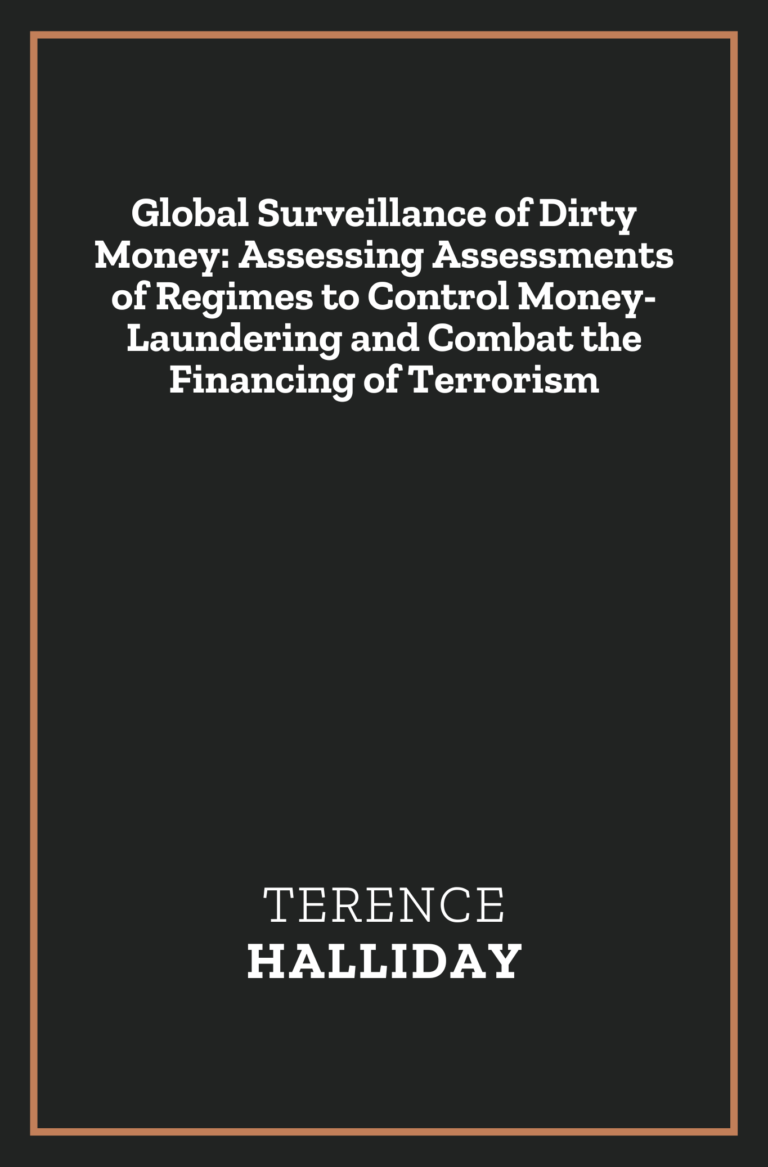From the Center on Law and Globalization:
The International Monetary Fund’s (IMF, Fund) program on Anti-Money Laundering and Combating the Financing of Terrorism (AML/CFT) has been integrally involved in the global system for AML/CFT in coordination with other key players, particularly the Financial Action Task Force (FATF). AML/CFT assessments, whether by the Fund or other assessor bodies, contribute to the key Fund activities of surveillance, financial support and technical assistance in support of domestic and international financial stability. These evaluations are taken seriously by both assessors and assessed.
It is timely to evaluate the IMF’s involvement in the AML/CFT system and to reconsider relevant aspects of the FATF standards, methodologies and practices more generally.
The Center on Law and Globalization (CLG) obtained agreement from the IMF to conduct an independent critical analysis of IMF Reports on the Observance of Standards and Codes (ROSCs)1 during the 3rd round2 with the intent that the appraisal of past practices might inform advances in IMF and FATF methodologies and practices. Findings of the study are based on extensive interviews at the IMF and the FATF, detailed analysis of documents, close examination of four IMF assessments, site visits to three countries, and review of related literatures.
This study finds that the IMF has contributed significantly to efforts that will improve the standards and methodology for assessing AML/CFT systems worldwide. The IMF has shown an openness to independent investigation of its practices; a willingness to ask baseline questions about the objectives and efficacy of AML/CFT regimes; a commitment to experimentation in assessment techniques; an impetus to clarify AML/CFT goals and objectives; leadership in the drive for assessments to appraise whether effective outcomes have resulted from implementation of standards; an investment in highly-qualified experienced assessment teams; undertaken initiatives to find new forms of valid and reliable data; intentions to forge tighter linkages between specific AML/CFT tools and targeted problems in financial systems, e.g., tax evasion, corruption; and effectiveness in raising donor moneys to invest in technical assistance to countries in need of reforms.

